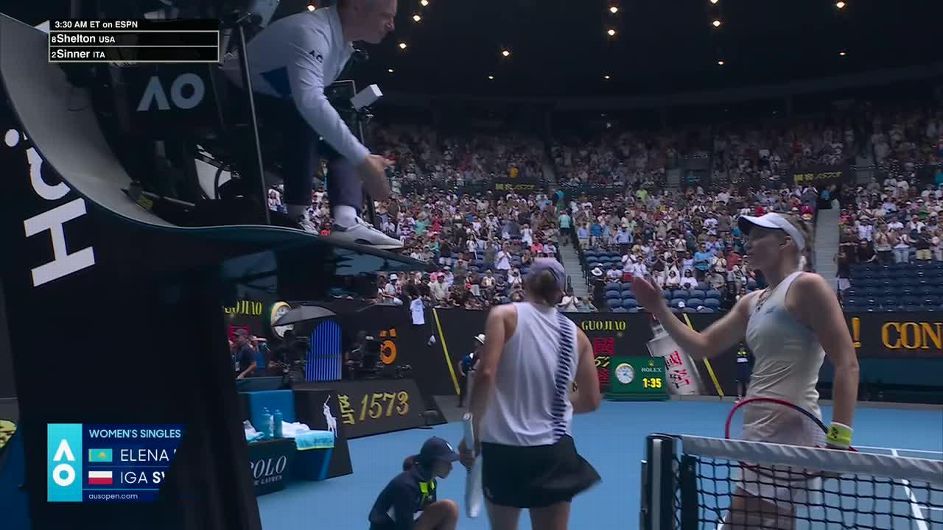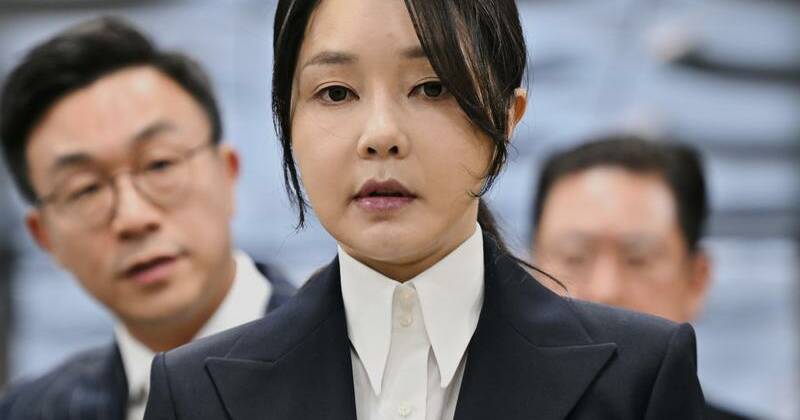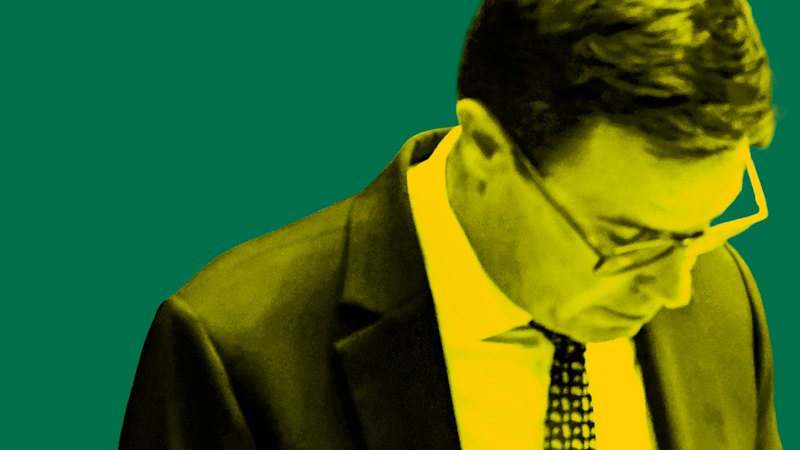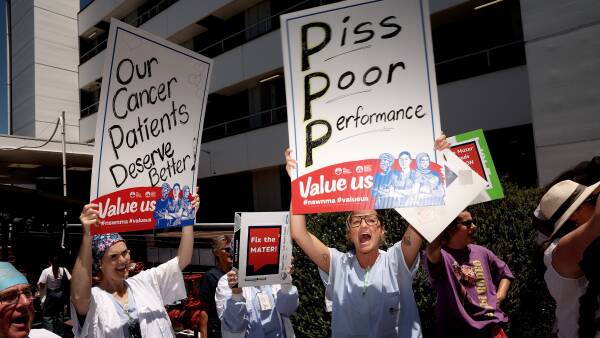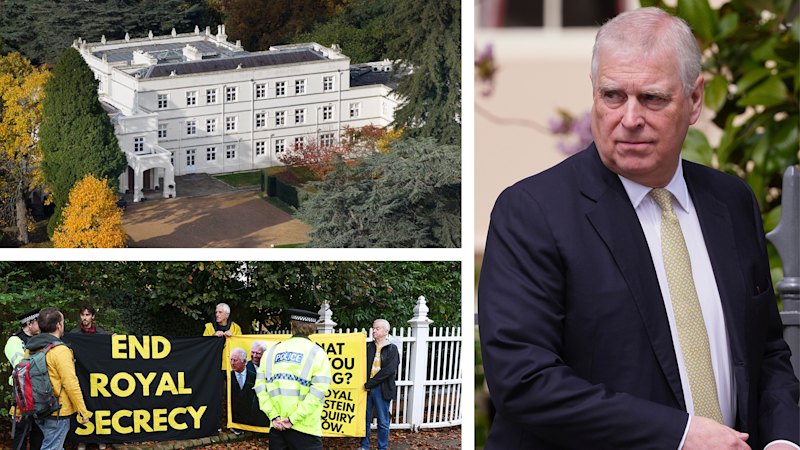
Prince Andrew is currently engaged in discussions with representatives of King Charles III regarding his potential exit from Royal Lodge, his 30-room residence in Windsor. According to London’s The Telegraph, Buckingham Palace is intensifying efforts to persuade the Prince to vacate the property, which he occupies under a long-term lease that prevents eviction.
Reports of Andrew residing at Royal Lodge without paying rent have sparked significant public backlash. Negotiations about his living arrangements have taken place daily, yet sources indicate that Andrew remains hesitant to leave. Initially, he resisted any discussions, citing the substantial investment of approximately £10 million he made in the property, which includes both the lease and refurbishment costs.
Complications Surrounding Living Arrangements
While Andrew’s initial stance was to hold firm due to his 50-year prepaid lease, there is a growing expectation that he will ultimately vacate the premises. The primary issues that remain unresolved are his future living situation and the financial compensation he may receive for the investments made in Royal Lodge, which is leased from the Crown Estate.
Royal insiders have noted a shift in the Palace’s approach, signaling a stronger resolve to facilitate Andrew’s departure. There is also a recognition of the need to support his daughters, Princess Beatrice and Princess Eugenie, ensuring that their residences at St James’s Palace and Kensington Palace remain unaffected by these developments.
The King had hoped that pressuring Andrew to relinquish his Duke of York title and other honors would quell the controversy surrounding his connections with convicted sex offender Jeffrey Epstein and alleged associations with Chinese spies. However, these efforts have not alleviated the negative attention surrounding Andrew.
Buckingham Palace is eager to prevent a protracted parliamentary inquiry into royal finances, adding urgency to the resolution of Andrew’s housing situation.
Potential Housing Solutions for Prince Andrew
If Andrew vacates Royal Lodge, one feasible option would be to relocate him to one of the King’s privately-owned estates, such as Sandringham or Balmoral. These properties contain self-contained homes where he could live without incurring additional costs to the public. Nevertheless, Andrew has expressed a preference to remain in London or Windsor, close to his daughters, rather than being moved to Norfolk or Scotland.
Options for a smaller property on the Windsor estate may also be considered, though this would involve rental costs that Andrew might find difficult to manage. Relocating him to Windsor Castle or Buckingham Palace could lead to public outrage, as it might appear that he is being rewarded rather than facing consequences for his actions.
The question of what will happen to Royal Lodge remains complicated, given its location near Windsor Castle, which complicates any plans to rent it out privately. According to the terms of his lease, which he signed in 2003, Andrew is entitled to a partial refund if he vacates before June 2024. If he leaves by that date, he could receive £557,596, a figure that decreases annually until it reaches zero in 2028.
Despite this, Andrew is likely to seek a larger financial settlement, reflecting the millions he has spent on the property and its upkeep, which may require funding from the King. The Crown Estate is accountable to the Treasury, complicating the potential for public funds to be utilized in this matter.
In addition, the situation is further complicated by Andrew’s ex-wife, Sarah Ferguson, who also resides in Royal Lodge. It remains unclear if she will relocate with him or secure her own living arrangements.
Prince William and the King have made clear through their representatives that Beatrice and Eugenie are not at fault in this ongoing situation and that their residences will remain secure. Additionally, as a sign of Andrew’s diminishing royal presence, his banner has been removed from St George’s Chapel at Windsor Castle, following his recent resignation from the Order of the Garter.
As negotiations continue, it remains to be seen how this complex situation will unfold, but the pressure is mounting for a resolution that addresses both public sentiment and the needs of the royal family.

